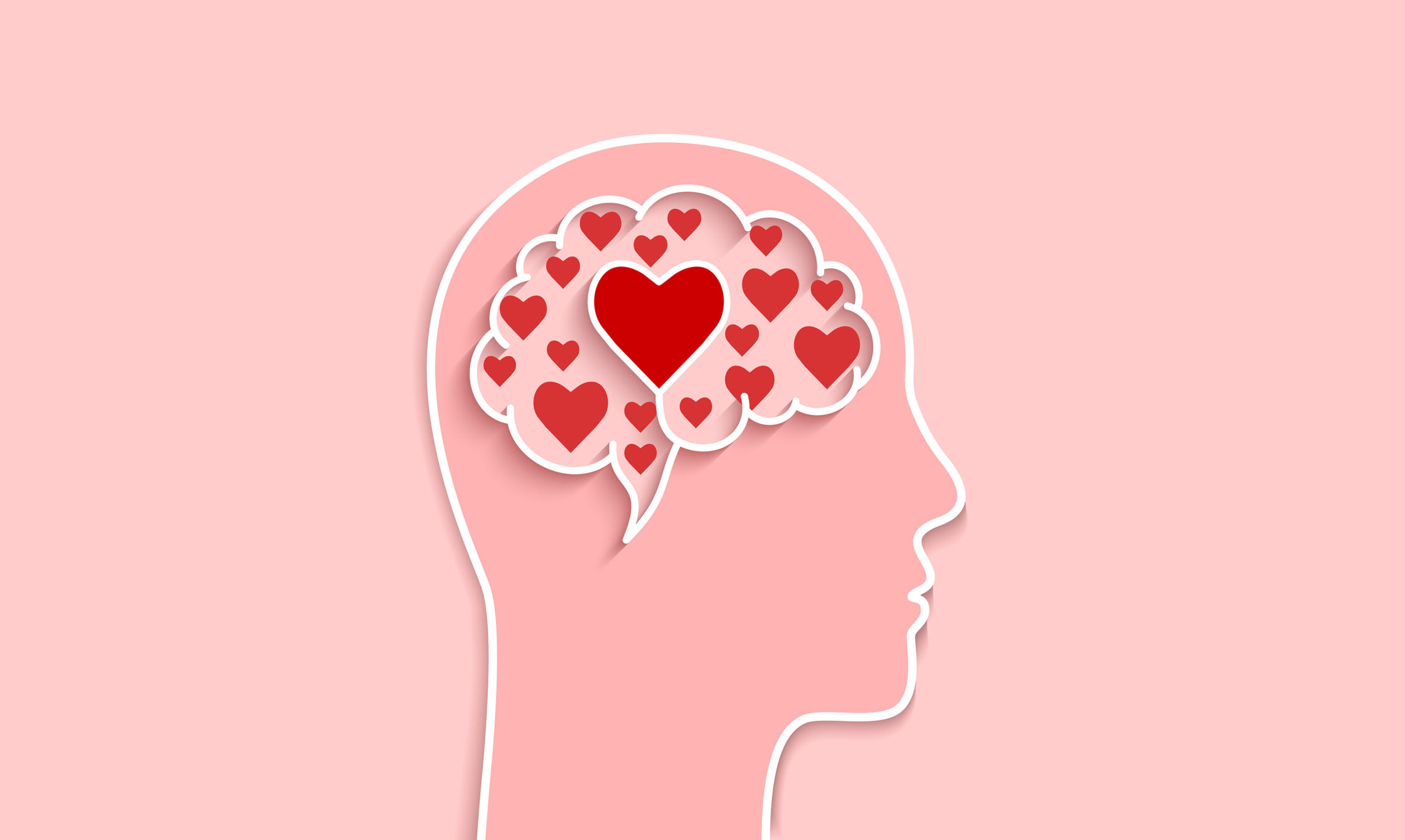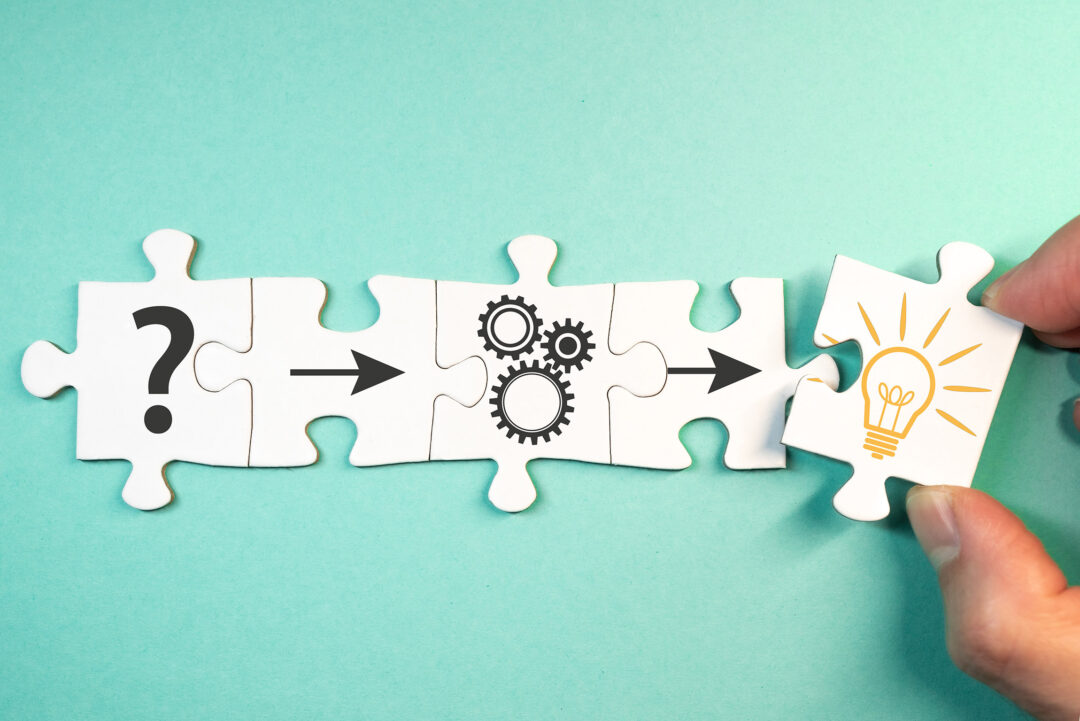It’s that time of year when everyone is focusing on love, and what it feels like to be in love. But it’s more than just hearts, candy, and flowers. And it’s certainly more than those “butterflies” in your stomach.
Love is a real, scientific, psychological thing. It causes active changes in your brain, which is why you feel the way you do around the person you love.
It’s time to focus on your head instead of your heart with love. By understanding what’s actually happening in your brain, you’ll understand why you’re experiencing positive changes in your mood. But, the changes in your brain can also help you form a lasting, strong relationship for years to come.
So, what’s really going on up there when you’re head over heels?
Feeling Euphoric
That “lighter than air” feeling you have when you’re in love isn’t a dream, and even if it makes you feel like you’re living in a Hallmark movie, there’s a reason behind it.
The key factor in that feeling of happiness is dopamine. It’s your brain’s reward system, and it kicks into gear to reinforce behaviors that are pleasurable. That includes everything from listening to your favorite music and eating, to seeing the person you love (or even thinking about them).
When you think about that person, it triggers a dopamine release in your brain. When you actually do see them, your brain views it as a “reward.” As a result, it releases even more dopamine, making you feel happiest when you’re around the person you love.
It’s a cyclical pattern that will make you want to be around that person more often, which has many biological and evolutionary benefits.
Feeling Attached
There are other chemicals in your brain at play when you’re in love, too. Oxytocin levels rise exponentially, which helps you feel safe when you’re with the person you love. Oxytocin can also help you feel more attached to that person, increasing your trust levels.
That’s exactly why you will start to feel more comfortable with that person the more time you spend with them. This is a “side effect” of love that tends to get stronger after those initial butterflies go away. It’s one factor in the longevity of strong relationships.
Not only does it increase your bond with your current partner, but it can make you less interested in others. Simply put, it’s the oxytocin that can help you realize when you’ve found “the one.”
Reduced Stress
Another reason feelings of love are so great is that they can reduce your stress levels. One study discovered that people who aren’t in relationships may have higher levels of cortisone, which is the stress hormone in your body.
Because your mood is often boosted when you’re in love, you’re less likely to stress over things out of your control. Happiness takes over when your mood is up. Plus, when you’re with someone you love, you know you can lean on them for support or as someone to talk to. Knowing you have someone like that in your life is another great way to lower your stress.
As you can see, your brain actually plays a big role in feelings of love. It affects you in both short-term and long-term scenarios, and it can completely change the way you feel.
There are bodily changes to consider, too, including things like improved physical health, less pain, and even a longer lifespan. Being in love definitely has its perks. But, if you’re feeling euphoric right now because you’re completely in love, you have the chemicals in your brain to thank.


